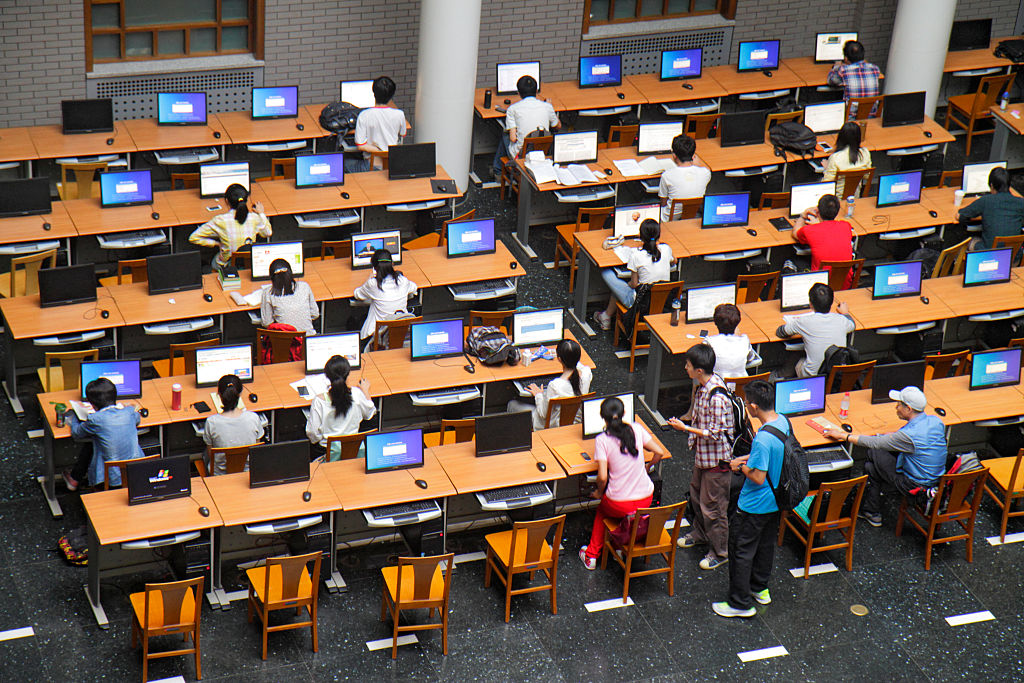The 2018 National Day of Unplugging is on March 9-10 from sundown to sundown.
Those little networked devices we hold so dear have improved our lives. We have better access to our colleagues and bosses, information and the medical community. Technology has revolutionized the education industry. Plus, our kids benefit from the resources that apps and websites offer both in and out of the classroom.
Digital devices simply make life easier.
But do they make us holistically better as people? Do our relationships with our devices demonstrate health of body, mind and spirit? Most importantly, are our kids truly better off because they grow up with gadgets?
This is a question worth exploring as the National Day of Unplugging nears. A challenge to completely ignore our devices for 24 whole hours, this annual event has become a family affair for many.
Getting well
New research and efforts from Common Sense Media suggest that our kids’ current media habits may not be prudent. Since media is constantly evolving and newly ubiquitous, it’s tough to keep abreast of best practices. Common Sense wants to change that.
A nonprofit seeking to “[help] kids thrive in a world of media and technology,” Common Sense lives by a set of guiding beliefs such as “We believe in media sanity, not censorship,”and “We believe in teaching our kids to be savvy, respectful and responsible media users.”
According to a joint study by Common Sense Media and the Center for Humane Technology, 98 percent of American children under eight have access to a mobile device at their home. Knowing the average amount of time kids spend engaged with screens per week – 50 hours – it’s imperative that we understand the intense hold devices have in the lives of our families.
Currently, American children aren’t enjoying digital well-being, with statistics showing that even two-year-old use of technology can have a negative impact on BMI (body mass index), and many teens are suffering from digital addiction, cyberbullying and even slower brain development. Additionally, YouTube in the hands of a child without supervision can be dangerous, with a huge volume of content being created by bots.
Still, it’s too early to tell exactly how much this constant media exposure affects its youngest users. In the meantime, parents should be aware that overall wellness for their children probably doesn’t include access to technology platforms that “grab their digital identities and keep them clicking,” the joint study says.

(Belisario Roldan/Getty Images)
A solution in the making?
Just a few weeks ago, Facebook asked many of its 2 billion monthly users whether the social media giant is good for the world, and to what extent. Five years ago, that question would not have been a priority for Facebook. Tim Cook, the CEO of Apple, arguably one of the most impactful companies that has ever existed, is worried about what the tech barrage and access to social media networks might be doing to our kids.
Clearly, there is doubt from media creators about whether all this connectivity is doing us more harm than good. Some tech-exes from Google and Facebook even suggest that those behind our apps and devices have sinister motives.
In light of this budding movement toward digital wellness, The American Academy of Pediatrics offers resources like family media plans and supports an initiative called “#DeviceFreeDinner” to get kids and parents on track.
Setting the pace
As adults, we teach our children how to behave. There are many reasons why our devices demand so much of our attention, but the more aware we are of their addictive qualities, the more power we have to fight our instincts not to put the phone down. My father used to tell me, “You can’t do two things at once” if I tried to listen to music or watch TV while reading or doing homework. That sentiment sounds almost archaic now; we’re a multi-screen generation that regularly checks Instagram on our phone while we respond to emails on the laptop and have Netflix playing in the background. But maybe there’s something to that notion: A step toward digital wellness may very well be that we unplug one device at a time.
The truth is that we don’t need three devices at once. It demonstrates to kids that we get bored easily, we work too hard and we can’t concentrate on a single form of entertainment.
When we decide we’re willing to choose our devices purposefully, we will be healthier because of it. When we commit to limiting our children’s exposure to constant digital stimulation, they’ll be closer to achieving digital wellness.
The National Day of Unplugging is a great place to start easing your family into the transition. Keep the cute photo of your kid to yourself. Set an away message on your email. Prepare a family meal together. See what happens.
Click here for a list of tips for parents on controlling your phone addiction. For more information about Common Sense Media’s “Truth About Tech” campaign, click here.
Unplugging series photo of a beach by George Rose/Getty Images.
Angela Roe calls Rowlett, Texas home. She works in school PR and writes for Deeply Rooted Magazine on the side. She holds a bachelor’s from Texas A&M and a Master of Journalism from UNT. Her favorite things are her husband, dog, listening to music and reading.


